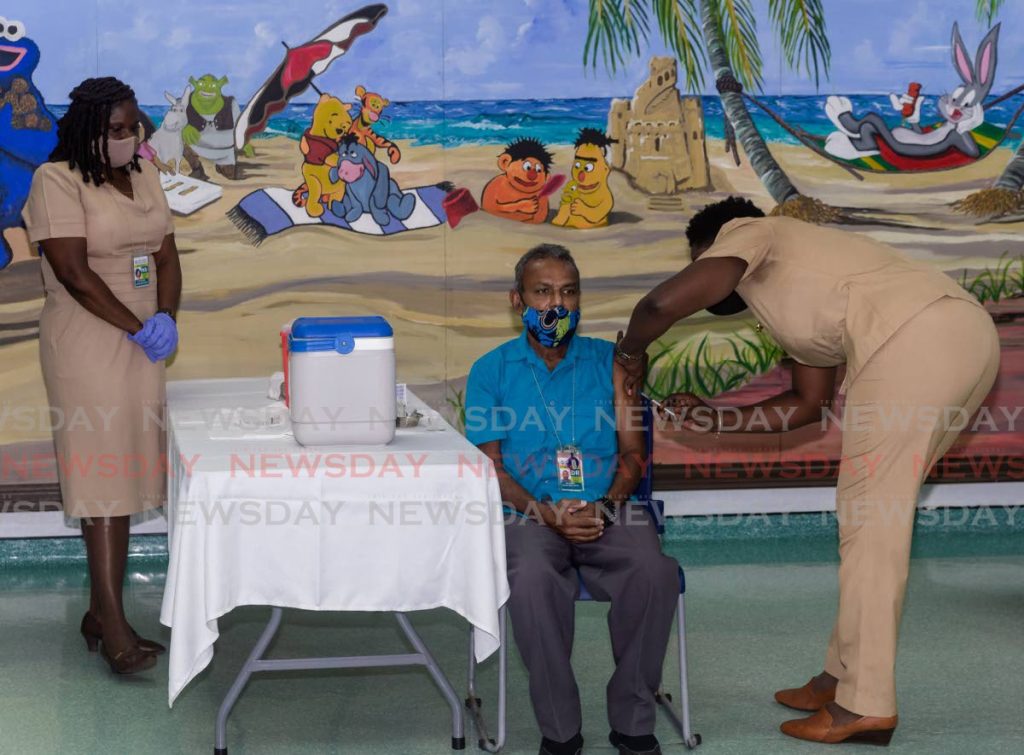Finding the right time for private sector role in covid19 vaccinations

All businesses – whether involved in pharmaceuticals or not – have a stake in the rollout of the covid19 vaccines. The faster the population is inoculated, the sooner economic activity can make a rebound.
It is unsurprising, therefore, to see private-sector stakeholders poised to be part of the overall vaccination effort.
The Ansa McAl Group has pledged to provide vaccines to its 6,000-strong workforce across the Caribbean and assist in the vaccination programme when vaccines become widely available.
The Agostini’s Group, meanwhile, has expanded its reach in the pharmaceutical industry substantially by acquiring two companies – Oscar Francois Ltd and Intersol Ltd.
But while commercial-sector involvement has been welcomed by Health Minister Terrence Deyalsingh for the long term, he has been adamant that the government’s initial vaccination drive will use only jabs procured by the state.
“We will welcome any initiatives by the private sector to vaccinate their employees free of charge,” Mr Deyalsingh said last month. “But we will only be using vaccines which the government purchases for members of the public.”
The global demand for vaccines is such that there is serious concern that smaller, less prosperous and more vulnerable countries will fall by the wayside, even with special programmes being devised by international agencies.
In this context, some feel direct talks between corporate entities that are able to move more nimbly in terms of payment might be fruitful. But given the economies of scale enjoyed by larger countries, such private-sector advantages may be inapplicable.
In this country, both the public and the private sectors have long distributed vaccines, as Mr Deyalsingh observed last month. Given the long list of high-priority individuals who should be vaccinated first, as well as the questionable timeline of supply, it is likely that by the time the moment comes for the ordinary citizen to be vaccinated, we may well be at the stage where the jabs are available commercially.
Mr Deyalsingh has repeatedly assured the vaccine will be free of charge to the public. We are of the view that there are both humanitarian and practical reasons why this should remain so.
Covid19 has already disproportionately affected marginal groups. Charging for a vaccine will serve as a disincentive for some and, in the process, imperil the achievement of herd immunity, since 95-97 per cent of the population needs to be covered.
Giving people who can afford it the option of privately acquiring a vaccine will arguably increase coverage and reduce the burden on state-run facilities. And things might be faster.
But this may come at some cost because of a lack of standardisation. It is well known the private and public sectors do not mesh well, and a mixed approach could cause problems. The initial vaccination drive, for it to be effective, should be universal.
The government will need the commercial sector to co-operate with its efforts. But it's a matter of timing. Only when the first phase of inoculation is achieved should the door be open to deeper commercial involvement. Otherwise, we might create a situation in which too many cooks spoil the broth.

Comments
"Finding the right time for private sector role in covid19 vaccinations"